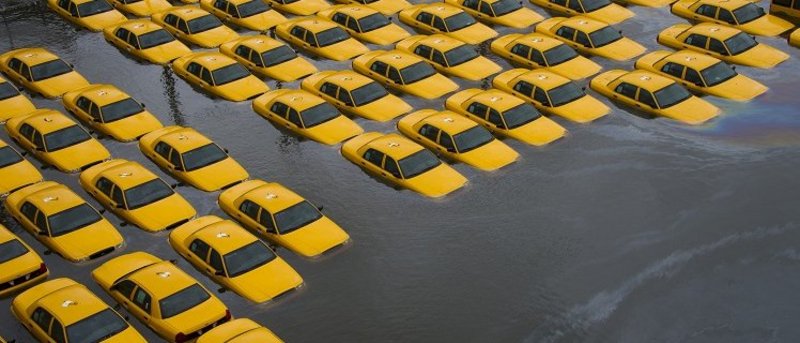The world in sight from Hamburg
Latest
IFSH Brief Analysis: Legal Aspects of Attacks on Iranian Nuclear Facilities
By Dr Maria KurandoOn June 13, Israel launched an unprecedented large-scale attack on Iran’s nuclear facilities. Coupled with subsequent attacks carried out by the United States, these actions represented deeply worrisome developments with…
Then drop us an email with the subject "I want to receive IFSH event info in English" via event@ifsh.de.
We will add you to our public event email distribution list. You'll find an unsubscribe link in every IFSH event info email.







![[Translate to English:] (c) dpa Picture Alliance [Translate to English:] (c) dpa Picture Alliance](/file/_processed_/d/5/csm_2025-06-30_Schlussakte_Helsinki__c__picture-alliance_dpa_2093113_ff3b2c809a.jpg)

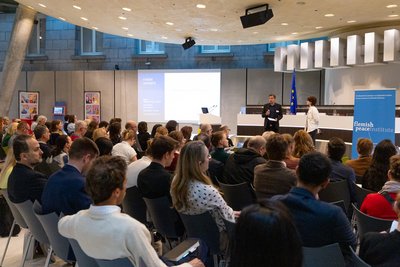
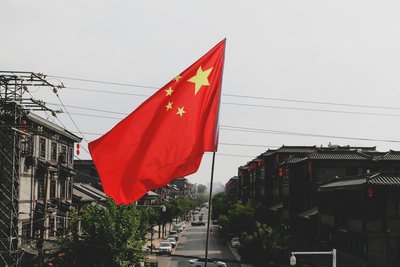
![[Translate to English:] [Translate to English:]](/file/_processed_/c/d/csm_2025-04-07_Symbolbild_BW_Einsatz_KLEINER__c__picture_alliance__JOKER__Timo_Vog_est_ost_33484892_4a43750f75.jpg)
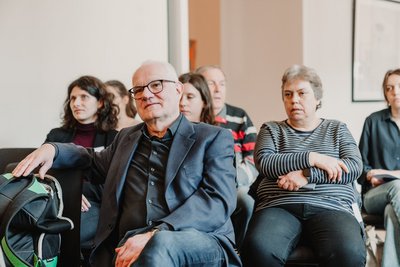
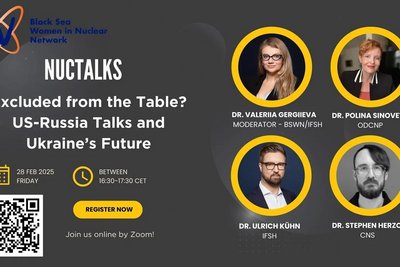
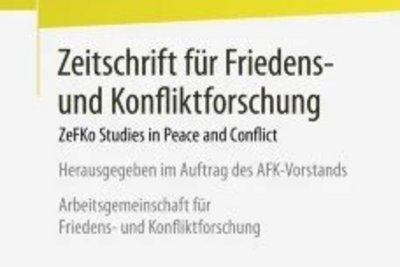
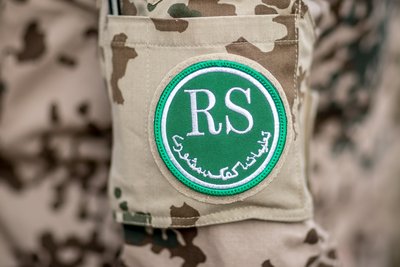


![[Translate to English:]](/file/_processed_/9/4/csm_Research-Report_015_EN_Titel_800x1200px_08eb5049fd.jpg)

